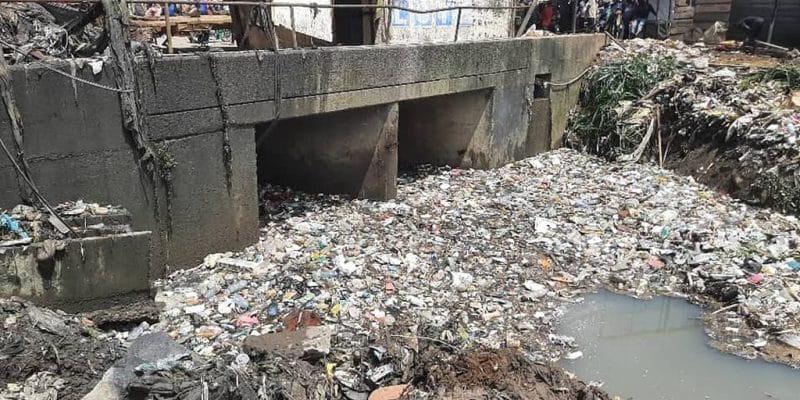Analyze/ Gone are the days when the black race was equated with all that is inferior and impure. Even those who often have fun saying that dirt does not kill black people, especially when it comes to eating without washing their hands, know full well that despite the fact that everyone can contract any disease, there is no disease linked to race, but only diseases linked to the dismal conditions of an environment favourable to the proliferation of bacteria and viruses, causes of water-borne disease which most affect inhabitants of poor countries because not only of the problems of budgetary constraints or insufficient funding to deal with the scale of the problems but above all the uncivil and irresponsible attitudes of the populations coupled with the persistence of conflicts and wars promoting food insecurity which relegate the problems of unsanitary conditions to the background.
Living or carrying out an income-generating activity in an unsanitary environment predisposes you to contracting water-related diseases and others, particularly called diseases of the poor, due to the precariousness in which certain people live in Africa in particular. Indeed, in environments where we can afford to do whatever we want and even without running the risk of being pursued, no one is safe from the neuralgic action of Men on an environment requiring rules of conduct to not only allow good working conditions but above all to ensure good health.
Health and maintaining a healthy environment
“If countries do not take steps to ensure that people live and work in healthy environments, millions of people will continue to fall ill and die prematurely. » Political action is required in environments where the populations themselves demonstrate a certain laxity with regard to the preservation of their healthy environment. Indeed, some people are more busy looking for their daily means of subsistence than avoiding throwing their waste anywhere until the day when waste management and in particular permanent waste collection is interrupted for an indefinite period.
Some believe that we must first resolve the problems of poverty, access to decent habitation and food crises before focusing on maintaining a healthy environment because according to them, most of the people infected and affected by microbes present in these dilapidated environments live in these unsanitary conditions because they have no other places to go. Indeed, human beings, like migratory birds, are always looking for a more favourable environment. But living in such conditions also requires efforts on our part to maintain this clean environment and not blame the authorities who certainly have their share of responsibilities but who will not, for example, teach us not to create garbage dumps everywhere and even less build latrines and maintain them in our place to avoid the evaporation of nauseating odours due in particular to the contents of septic tanks rejected in the promiscuity of neighbourhoods created in arbitrary ways and where in addition to the non-existence of waste disposal pathway system, open defecation is common.
Also read : Daily health care and well-being : how to take care of your mental health?
The problem of unsanitary conditions in Africa is first and foremost a problem of mentality which results in particular in a failure to observe the rules of basic hygiene. If the lack of sanitary infrastructure and the failure in the management of household waste by the competent authorities can justify such attitudes, it should still be specified that populations must set their own sanitary requirements in order not to later complain that it is only after the death of a Men that authorities will appear to show their compassion.
The daily difficulties of populations are not ignored by any authorities. Everyone is aware of this and chooses to turn a blind eye not only because the problem is complex but also because people are implicitly encouraged to find a living environment, even improvised, while perhaps waiting to find something better. But this form of admission of helplessness must not become a pretext to accentuate the unsanitary conditions in our cities, neighbourhoods and villages which are continually threatened by diarrheal diseases and other infectious diseases such as malaria.
In addition to the role of the competent authorities in the implementation of adequate infrastructure, sanitation needs permanent citizen initiatives not only to help give a better image to the slums of Africa but above all to help reduce the extent of the consequences of the problem of unsanitary conditions in Africa because, as specified in an article published by the World Health Organization in September 2023, in 2022, at least 1.7 billion people in the world have use a source of drinking water contaminated by fecal matter which constitutes the greatest risk to the safety of drinking water. Furthermore, according to a press release from the same organization, this time dated March 2016 and inspired by the second edition of the report entitled preventing disease through a healthy environment, in addition of cholera, diarrhea, dysentery, hepatitis A, typhoid fever, and poliomyelitis, the unsanitary environment would also promote contraction of diseases so-called non-communicable diseases particularly linked to air pollution such as cardiovascular accidents, heart disease, cancers and chronic respiratory conditions which are also the cause of deaths which number in the millions each year in Africa and the rest of the world.
English|French

